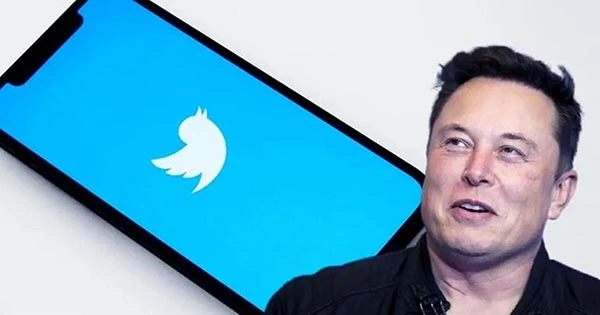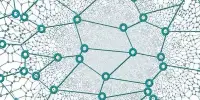Elon Musk spoke about his chaotic takeover of Twitter in a seemingly impromptu live interview with the BBC yesterday on Twitter Spaces. He shared a variety of details about running the social media platform, including the fact that his dog serves as CEO and that he sleeps on a couch in the office.
Musk discussed the very contentious layoffs that led to Twitter firing almost 80% of its workforce in the cringe-inducing interview. Additionally, he described operating Twitter as “quite painful,” noting that the past few months have been quite demanding. Not a simple one.
Were there a lot of errors along the way? Naturally,” he continued.
However, he justified the choice to undertake large-scale employment layoffs, claiming that when he purchased Twitter, it had “four months to live” and he had few options.
“This is not a case of caring versus uncaring. “It’s like, if the whole ship sinks, nobody has a job,” Musk explained.
He then avoided a question from the BBC’s James Clayton about whether he might use his position as the world’s richest person to help the firm.
The discussion was peppered with various jokes aimed at Musk’s devoted fan base. He once said, “I keep telling you, I’m not the CEO of Twitter, my dog is the CEO of Twitter.”
Musk said that he felt compelled to acquire Twitter. He stated he originally planned to purchase Twitter for a specific amount, but after discovering more automated bots than he had anticipated, he requested a lesser price. But at this time, the sale was well underway, and he had to close it because of legal complications.
However, even if offered what he had paid for the firm, he subsequently stated in the conversation that he wouldn’t sell it.
When Musk was questioned about whether his permissive approach to filtering may lead to more hate speech and disinformation, the conversation took a combative turn. Clayton was unable to provide Musk with an example when asked to do so immediately.“You said you see more hateful content, but you can’t even name a single one,” Musk said. “You just lied!”
Musk then brought up the BBC’s COVID reporting and alleged British government pressure to modify editorial policy. The BBC is one of a few media organizations classified as “state-affiliated media” by Musk’s Twitter. Because this was erroneous, it was amended to “government-funded media,” which, at least for the BBC, has now been modified to “publicly funded.” NPR, which receives a small portion of its financing from the US government, has departed Twitter after being categorized as government-funded, arguing that the description was deceptive.
To appease some detractors, Musk stated that Twitter is presently on the rise and that the firm is “roughly” breaking even.
Many of the interview’s assertions, such as Twitter’s financial successes, have been difficult to independently verify. But, as Musk himself stated, “one person’s misinformation is another person’s information.”















